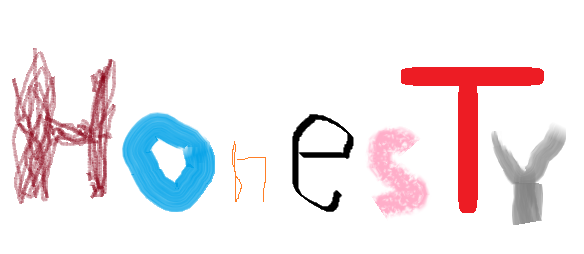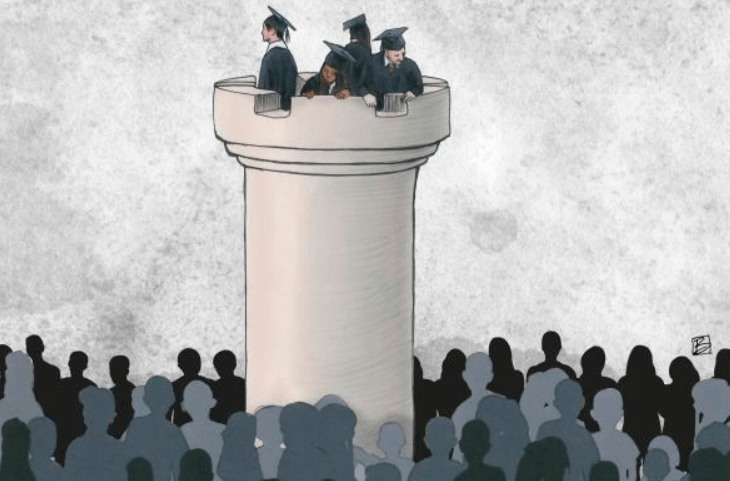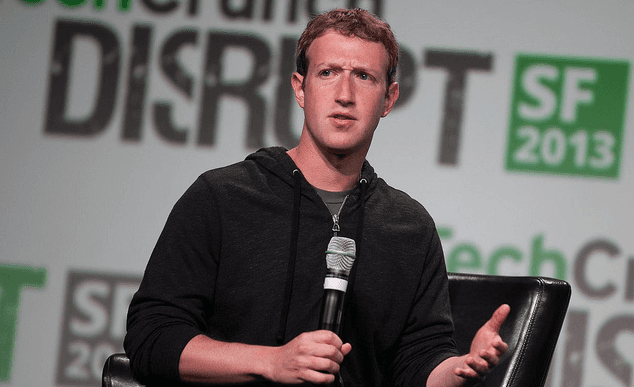LEADERSHIP LESSONS FROM MARK ZUCKERBERG—PART TWO
In late 2016 Fortune announced the conferring of “Businessperson of the Year” title upon Founder and CEO of Facebook, Mark Zuckerberg. Related to that, Adam Lashinsky wrote a fascinating article on what we can learn from Zuckerberg’s leadership and management style. A few key ideas jumped out to me. Here is one of them from the article (“How to Lead Like Zuck” Fortune . December 1, 2016, pp. 66–72):
“ Ideas typically do not just come to you. They happen because you’ve been talking about something or thinking about something and talking to a lot of people about it for a long period of time. ” (p. 70)
Haven’t we all had the embarrassing experience of thinking we have a brilliant idea . . . until the moment we begin to verbalize it? Upon verbalizing it, we suddenly realize how stupid it is. Well, that process works positively just as much as it works negatively. The more you can talk about your idea, the more you can crystallize your thinking and design. That is why we need to keep talking!
Do we all occasionally have those stroke-of-genius moments when our best ideas come to us alone? Of course we do. However, by and large, my best ideas have come to me when I have had the chance to collaborate, consult, and dialog with other people. Therefore, in a sense, my best ideas truly are not my ideas as much as they are our ideas. That is what Zuckerberg is saying.
The more you have the opportunity to kick your ideas around with other people, the better. It gives you the chance to hear yourself think and it opens the door to instant diverse viewpoints, many of which you never would have arrived at on your own.
Are you developing a brilliant idea? Just keep talking!











